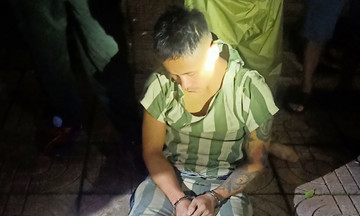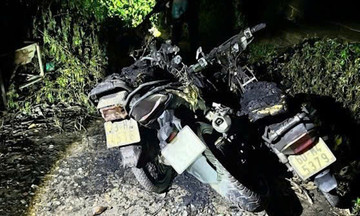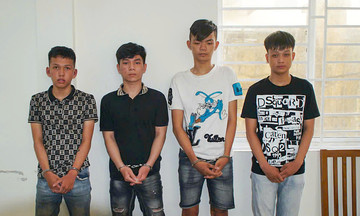Singapore's zero-tolerance policy towards drug abuse is enshrined in the 1973 Misuse of Drugs Act (MDA), designed to swiftly curb drug-related problems.
Speaking to Parliament in 1975 about the heroin epidemic, then-Home Affairs Minister Chua Sian Chin stated, "Once they are hooked, they cease to be useful, contributing members of our economy and society. They are unable to hold down regular employment. In the case of young men, they usually turn to crime, and in the case of young women, they become prostitutes to finance their drug habit,".
The MDA defines a "drug addict" as someone with a persistent desire or need to continue using a controlled substance, or someone with a psychological or physical dependence on its effects.
Under Section 8(b) of the MDA, using any controlled or specified substance (such as cannabis, cocaine, or ketamine) is a criminal offense.
Convictions carry a minimum one-year and maximum 10-year prison sentence, caning, and a fine of up to 20,000 SGD. The penalty depends on prior drug offenses and whether the individual has undergone drug rehabilitation.
Suspected drug users can be required to provide urine or hair samples for testing. Refusal is a crime, punishable by 1 to 10 years imprisonment and a fine of up to 20,000 SGD.
Section 22 of the MDA presumes guilt if a controlled substance is detected in a urine test, unless the individual can prove involuntary consumption.
Even with a negative urine test, possessing drug paraphernalia like pipes, syringes, or other equipment can result in up to three years in prison, a 10,000 SGD fine, or both.
Section 8A of the MDA states that any Singaporean citizen or permanent resident who uses drugs abroad and tests positive upon returning can be prosecuted as if the offense occurred in Singapore.
This explains random checks at entry points like Changi Airport and the Woodlands Checkpoint. Drug use prior to entering Singapore, even if legal elsewhere, can result in penalties as if the offense happened within the country.
In 2019, Singapore revised its policy, differentiating between pure drug abusers and those who commit other crimes.
Drug abusers without other criminal charges are diverted to treatment facilities, like the Drug Rehabilitation Centre (DRC), without a criminal record.
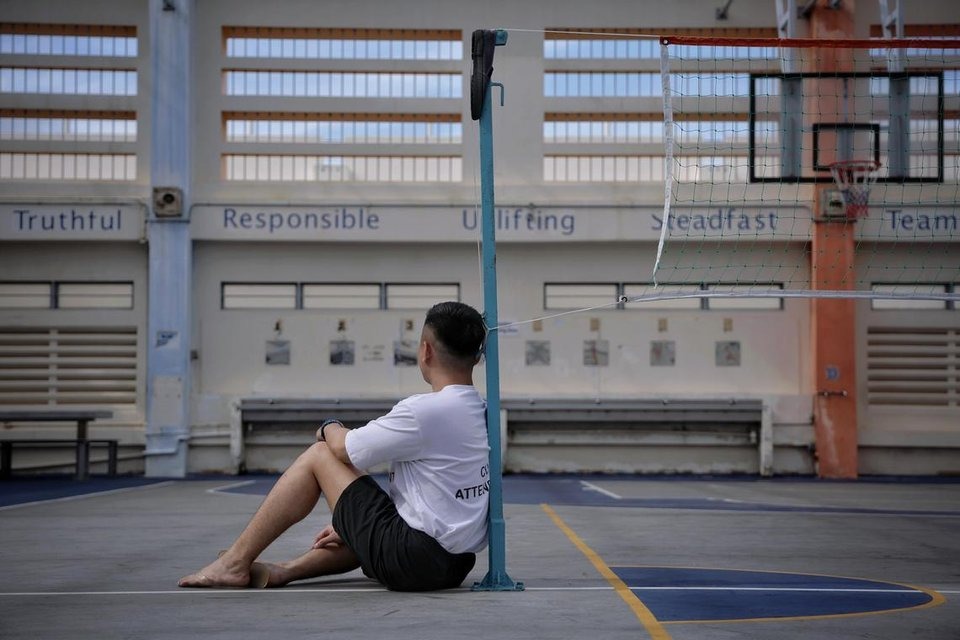 |
Rahmat, 34, is serving a 36-month sentence at the Drug Rehabilitation Centre (DRC), starting 15/3/2023, for using methamphetamine and skipping a urine test. Photo: Straits Times |
Rahmat, 34, is serving a 36-month sentence at the Drug Rehabilitation Centre (DRC), starting 15/3/2023, for using methamphetamine and skipping a urine test. Photo: Straits Times
Rehabilitation applies only to drug consumption offenses without other concurrent crimes. Third- or fourth-time offenders may also qualify if they have no other criminal charges.
To minimize relapse, the Central Narcotics Bureau (CNB) closely monitors those in rehabilitation with regular testing. They also conduct random drug tests on high-risk individuals and those who have completed rehabilitation programs.
Singapore plans to transition to hair drug testing by 2026. This method detects drug use over longer periods than urine tests, improving relapse detection and prevention.
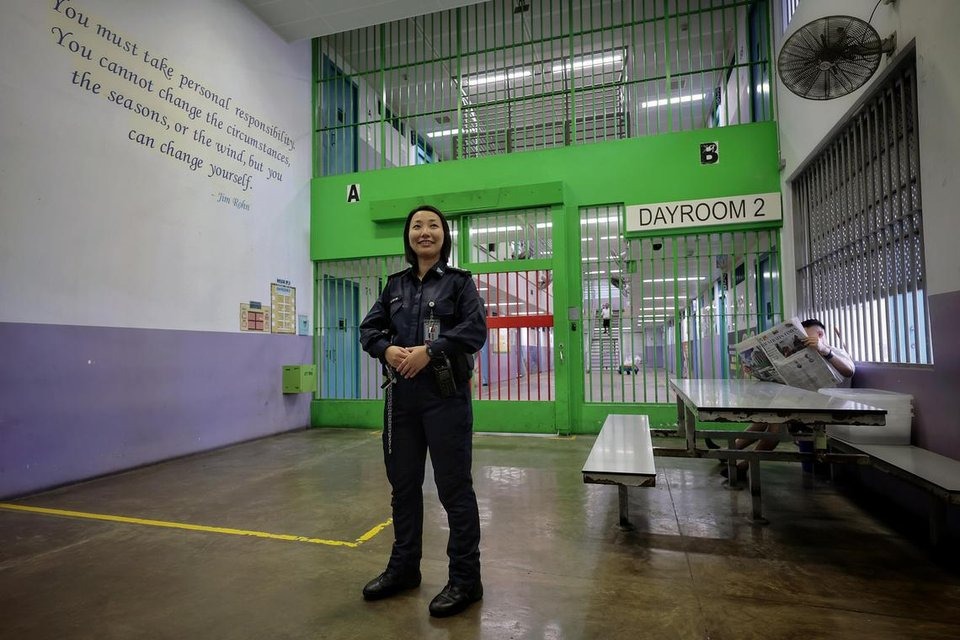 |
Director Tay San Mei, who manages DRC's B5 Facility, says inmates participate in relapse prevention programs and vocational skills training. Photo: Straits Times |
Director Tay San Mei, who manages DRC's B5 Facility, says inmates participate in relapse prevention programs and vocational skills training. Photo: Straits Times
The CNB's annual statistical report, released on 12/2, showed 3,119 drug abusers arrested in 2024, including 156 individuals under 20.
CNB Director Leon Chan highlighted the far-reaching effects of drug abuse: "Beyond the harm caused to the physical and mental well-being of abusers, their families often silently bear the emotional, financial, and sometimes even physical consequences of their loved ones' addiction,".
Home Affairs Minister K. Shanmugam affirmed Singapore's tough stance on drug trafficking despite efforts to help abusers. He considers the death penalty an effective deterrent.
Tue Anh (Straits Times, SSO, PKWA Law)







